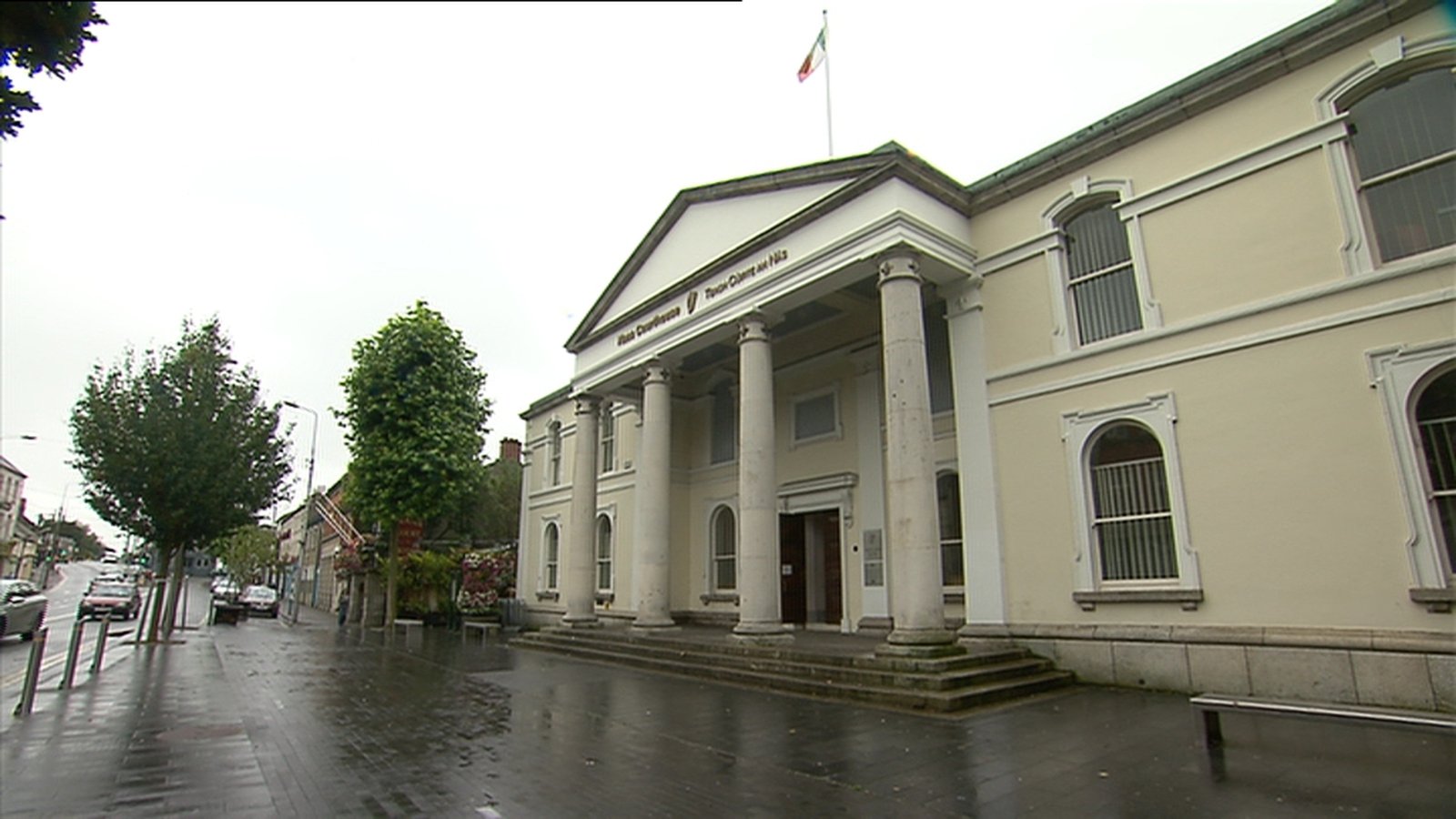Gender identity healthcare faces reform after UK report
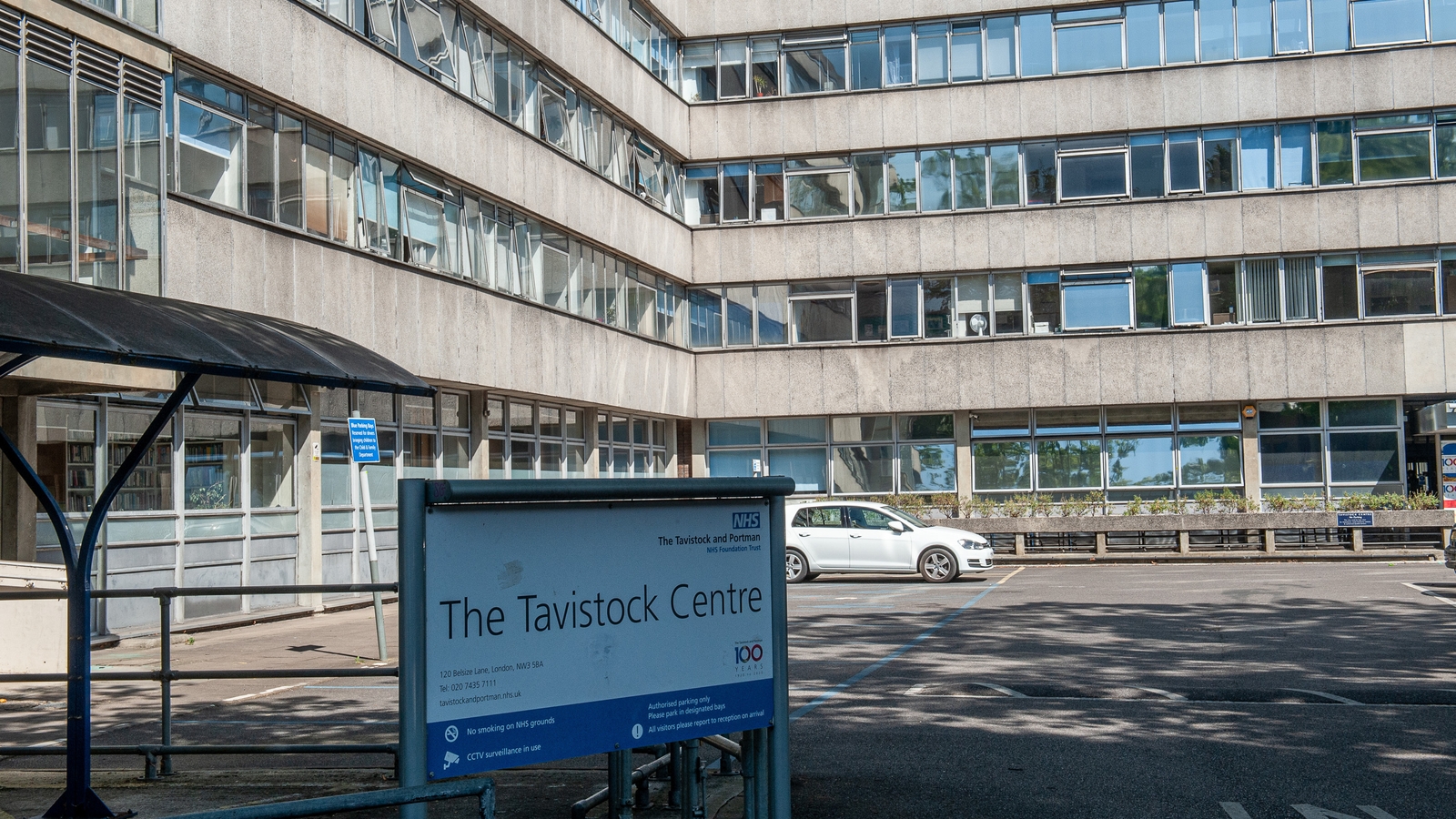
Recent years have seen considerable debate and controversy about gender healthcare among patients, doctors, support groups and politicians.
Much of the focal point for this was the service provided by the Tavistock Clinic in the UK, which has now closed following highly critical reviews and most recently the final 400-page independent review of gender services this week by Dr Hilary Cass.
Her report concluded that children were let down by a lack of research and evidence on medical interventions.
She also said there should be a clear clinical rationale for providing puberty blockers.
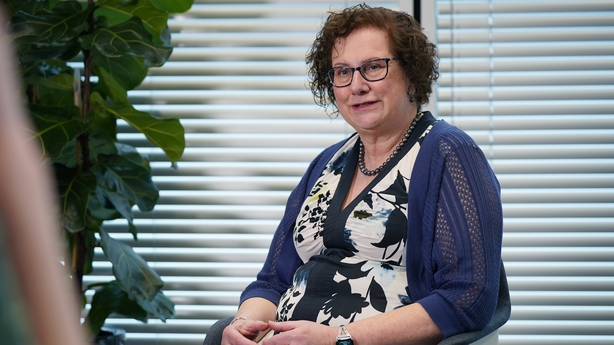
Dr Cass said people should be able to talk about the issues, without being called transphobic or zealots.
She found that due to the “toxicity” of the debate around gender issues, professionals were afraid to openly discuss their views.
A lot of the polarised debate is seen on social media, with what Dr Cass called name-calling and bullying behaviour.
Dr Cass said that nothing can be resolved with name-calling and that polarisation is the worst possible thing for young people affected by these issues.
Critics of the Cass Review argue that for many years, there has been a sustained and escalating campaign to roll back transgender people’s freedoms, rights and access to healthcare and fear a more hostile environment for transgender people will follow.
Since 2012, over 230 children and young people in Ireland were referred to the service at Tavistock.
The main issue has centred on puberty blockers and in what cases these should be given to children.
Puberty blockers are injections and they turn off the hormones in the brain that kick-start physical changes such as breast development or facial hair.
In relation to Irish patients, Tavistock did psychological assessments and the decision to prescribe puberty blockers was made by specialists in Ireland.
The Health Service Executive (HSE) says that fewer than ten patients of Children’s Health Ireland are on puberty blockers currently.
In 2022, Fine Gael TD Charlie Flanagan called on the Minister for Health to set up an independent inquiry into Irish children who were referred to Tavistock for psychological assessment and support with gender identity issues.
The National Gender Service in Ireland has also expressed concerns, most notably by Professor Conor O’Shea and Dr Karl Neff who are developing a new model of care for children, young people and adults.
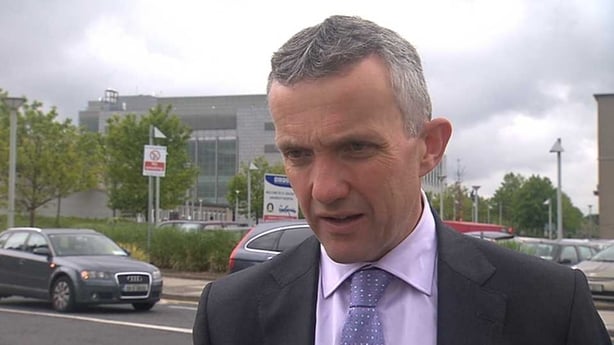
With the closure of Tavistock, some children here are now being notified of the service in Antwerp in Belgium.
The National Gender Service (NGS) has reported its concerns to the Health Information Quality Authority over referrals to Antwerp.
The NGS is a fully public service provided by the HSE and St John of God Services based at St Columcille’s Hospital.
Prof Donal O’Shea, consultant endocrinologist at St Vincent’s University Hospital and St Columcille’s Hospital, said puberty blockers should only be used where there is no other option.
He said that Ireland needs to participate in the clinical trials that Dr Hilary Cass has recommended to be set up to establish the evidence.
Independent Senator Michael McDowell has also been raising questions about puberty blockers for many years.
He said that Dr Cass had found no good evidence to support the continued use as a treatment pathway for vulnerable gender-questioning children.
Mr McDowell also noted that similar concerns had been raised by the Irish National Gender Service.
He has called for the immediate discontinuance in the public health service of the prescribing of puberty blockers and that the Medical Council needs to issue a statement that pending a review, doctors should discontinue their use in both public and private practice.
In response to the Cass report, Trans Healthcare Action said that transgender people, like all people, have a right to bodily autonomy and safe, affordable, quality healthcare.
It said that gender-affirming care is vital for the well-being of many transgender people helping them to live safe and healthy lives.
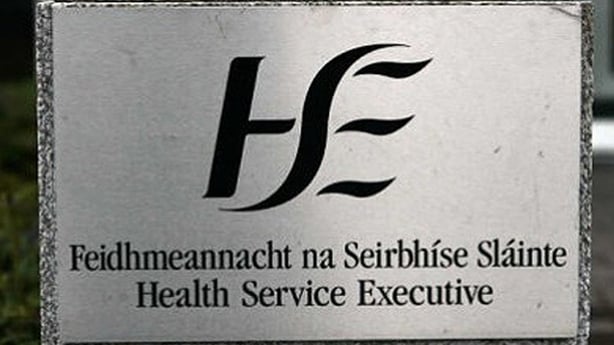
The organisation described the Cass Review as “deeply flawed” and that it threatens to undermine rights and further restrict access to essential care, particularly for young transgender people.
It believes that in the review, the perspectives of transgender people, their parents and expert clinicians were excluded from the process and that the review was led by those with no experience in trans healthcare.
It said that the Cass report cannot be deemed credible and should not be considered relevant in Ireland.
The organisation said there is a need for an informed consent model for gender-affirming care in the community and primary care, as well as access to puberty blockers.
Belong To – LGBTQ+ Youth Ireland said that for young transgender people and their families accessing healthcare is like knocking on a closed door in Ireland as there was no healthcare service for all young transgender people.
It said this needs to be urgently rectified to allow young people and their families access to vital care, supports and information to help them make decisions about what is best for them.
The organisation believes that Ireland can learn from the Cass Review, from international best practice guidelines and to create a safe model of healthcare.
It said the model that is put in place must holistically attend to transgender people’s physical, mental and social health needs and well-being, while respectfully affirming their gender identity.
The HSE has promised the development of a new clinical programme for gender healthcare over the next two years and said that the Cass Review will help inform the new system.
It said the model will be informed by the best evidence on clinical care for people who express gender incongruence or dysphoria.
The HSE said that while the model of care is being developed, patients will continue to receive healthcare in the community and under the endocrinology service in the adult and paediatric centres in the Ireland East Hospital Group and Children’s Health Ireland.
It added that the prescribing of medication in the area of gender healthcare is a clinical decision, made by a treating endocrinologist, following expert psychological/psychiatric assessment and in consultation with the patient and family.
In an opinion piece in the British Medical Journal, to coincide with her report, Dr Cass said that gender medicine for children and young people was built on shaky foundations and must be strengthened.
She also insisted that the World Professional Association of Transgender Healthcare (WPATH) “has been highly influential in directing international practice”, although its guidelines were found to lack developmental rigour and transparency.
In summary, her expert view is that the rationale for early puberty suppression remains unclear, with weak evidence regarding the impact on gender dysphoria and mental or psychosocial health.
Recently the NHS in England decided that children will no longer be prescribed puberty blockers at gender identity clinics and instead, they will only be available as part of clinical research, a decision welcomed by the British government.
For patients on long Irish waiting lists and currently in the relevant age category this may be difficult to accept.
Experts hope that puberty blocker studies being planned in the UK, in which Ireland is expected to participate, will deliver clearer answers and guidance to best help children and young people.

